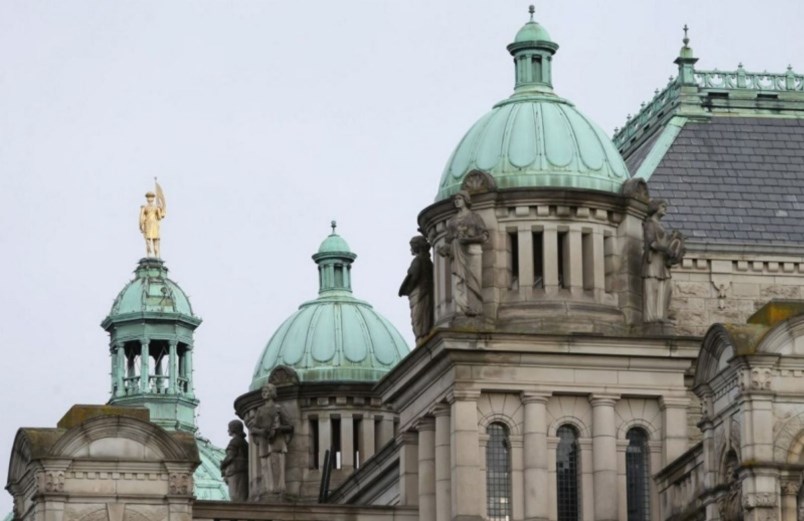In 2017 you would have been lost in a large, skeptical crowd certain how the B.C. NDP would steward the economy in British Columbia. There weren’t even bets to take on it.
They would spend like mad, tax like crazy, repel investors, destroy businesses, submerge the credit rating, regenerate a deficit, penalize entrepreneurs, reward cronies. The province would be begging for the B.C. Liberals again, praying for the collapse of that reed-thin minority government as we hurtled toward hell in a handcart.
So, here we are, nearly three years later, with a third provincial budget that couldn’t have been duller now out of the way, and the major complaints of last week’s revelations are: (a) high-income earners are getting nipped by more tax that won’t require tag days, (b) pop is the 21st-century sin tax, (c) Netflix has to pay up as it should and (d) vaping is going to be marginally more expensive. Not exactly the stuff to send people into the streets to sink the regime.
True, the Horgan administration has made a three-year meal out of class warfare. The top income tax bracket has gone from less than 15 per cent to more than 20 per cent on earnings exceeding $220,000. The taxes on homeowners took the steam out of the market, kneecapped speculators and sliced and diced a lot of anticipated capital gains.
There are the usual playbook chestnuts: unions — except teachers, for some unfathomable reason — have done better, particularly as insiders for juicy government infrastructure. Businesses are absorbing Medical Services Plan premiums. The minimum wage has grown, not reshaping inequity but certainly adding to ever-growing business expense. Large investments in social housing and child care are coming, if not in this term.
But there is also an unorthodox, unpredicted commitment to energy megaprojects: Site C for hydroelectricity and, of course, LNG Canada with its provocative Coastal GasLink pipeline. The Trans Mountain twinning was fought, but only symbolically for show purposes.
All of this has not laid much of a scratch. Surpluses sustain, we lead the country in growth and in an answer to lingering business qualms about competitiveness, the government has up its sleeve a long-range prosperity plan fashioned by the premier’s deputy minister, Don Wright.
Which is a long, long way of saying an election can come any time now.
Yes, it could have come even sooner, but the B.C. NDP now sits about as pretty as it ever will — no recession in sight, no overwhelming edge, but enough history to form a narrative that argues for another term.
It is strengthened largely because its opponents are weakened.
The B.C. Liberals are about to be shamed with the launch of the Cullen Commission into money laundering and the reboot of the Insurance Corp. of British Columbia. It is difficult to see where they plant their flags to regain their territory. Defending personal injury lawyers? Sticking up for the high-income British Columbian? Sure, sore teachers could use a political haven, but would they consider Liberals an improvement?
Andrew Wilkinson’s crew is experiencing what NHL defencemen encounter when they first confront Elias Pettersson: they thought they were on top of the game, but some upstart has just discomfited them. He is being upstaged by ultra-ambitious MLA Jas Johal, the party’s choice to provide sound bites now that he is no longer a journalist reporting on them.
Meanwhile, the Greens have lost their largest asset in leader Andrew Weaver. Unless the former Duke or Duchess of Sussex wants the job, it’s hard to see how the party does anything but recede from radar. The NDP-Green alliance is more of a Horgan-Weaver alliance, so the premier owes nothing to any newcomer.
All the NDP needs is an issue to take to the electorate, and it is here that the theory of an imminent election somewhat founders. There are no immediate villains, no manufactured outrage and no prerequisite for a vote of confidence. The party is all dressed up, nowhere to go.
The next budget, then, is the telling piece of the puzzle. Does the NDP stay the course, play it safe, try to gain a majority on the basis of stability? Or does it end the term with a flurry of promises to arouse the skeptics once more? As we say too often in journalism, time will tell.
Kirk LaPointe is the publisher and editor-in-chief of Business in Vancouver and the vice-president, editorial, of Glacier Media.



